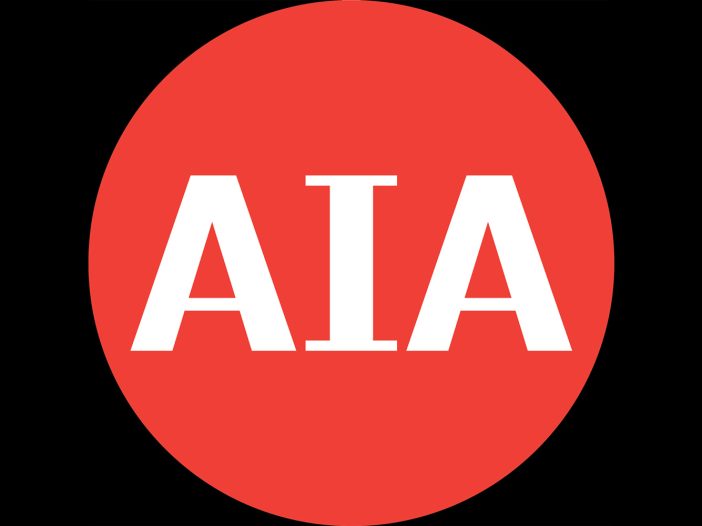For contractors, acquiring and maintaining equipment is a critical part of business operations. However, the way equipment is financed—whether through purchasing outright, leasing, or financing with debt—can significantly impact a company’s financial position and bonding capacity. Sureties closely examine a contractor’s financial health, including assets, liabilities, working capital, and debt levels, before issuing bonds. Understanding how equipment financing affects financial statements and bonding eligibility is crucial for contractors seeking to… Read More
Surety Bond Accounting
Understanding Construction Accounting Roles: Office Manager, Bookkeeper, Controller, and CFO
In the early stages of a construction business, the owner often manages financial tasks themselves—tracking accounts receivable (A/R) and payable (A/P), overseeing payroll, and maintaining financial records. However, as the company and its projects expand, financial decision-making becomes too complex for one person to handle alone. This raises an important question: Should you hire an office manager, bookkeeper, controller, or CFO? And what sets them apart? Growth of a Contractor’s… Read More
Cash Flow Management for Bonded Contractors
Managing cash flow effectively is critical for bonded contractors because construction projects often have long billing cycles, retainage, and unpredictable expenses. Poor cash flow management can lead to missed payroll, inability to pay suppliers, and even default on bonded projects, which can damage future bonding capacity. This section will explore practical strategies for improving cash flow management, including how to identify slow-paying clients, create financial buffers, and plan for project… Read More
AIA Billing and Best Practices for Smooth Payment Approvals
AIA billing is a standardized method of invoicing in the construction industry that helps contractors receive payments systematically throughout a project. Using AIA Forms G702 (Application and Certificate for Payment) and G703 (Continuation Sheet), contractors can document and request progress payments efficiently. 1. Understanding AIA Billing Key Forms Used in AIA Billing 2. Step-by-Step Process of AIA Billing Step 1: Prepare the Schedule of Values (SOV) Step 2: Track Work… Read More
Why Contractors Should Use QuickBooks Advanced for Accounting
Managing finances as a contractor can be a challenging endeavor. From tracking expenses and invoicing clients to ensuring compliance with tax regulations, the accounting side of your business requires precision and efficiency. For contractors aiming to scale their business while staying on top of financials, QuickBooks Advanced offers a powerful solution tailored to meet your needs. 1. Advanced Job Costing Made Easy One of the most crucial aspects of contracting… Read More
Why Surety Companies Care About WIP Reports
Surety bond providers carefully analyze WIP reports to evaluate a contractor’s financial position, ability to complete projects, and potential risks. Here’s how detailed WIP reports demonstrate financial stability and project profitability: 1. Showcasing Financial Health WIP reports provide a clear picture of a contractor’s financial standing by revealing: A healthy WIP report reassures surety companies that the contractor is financially sound and capable of managing bonded obligations. 2. Evaluating Profitability… Read More






